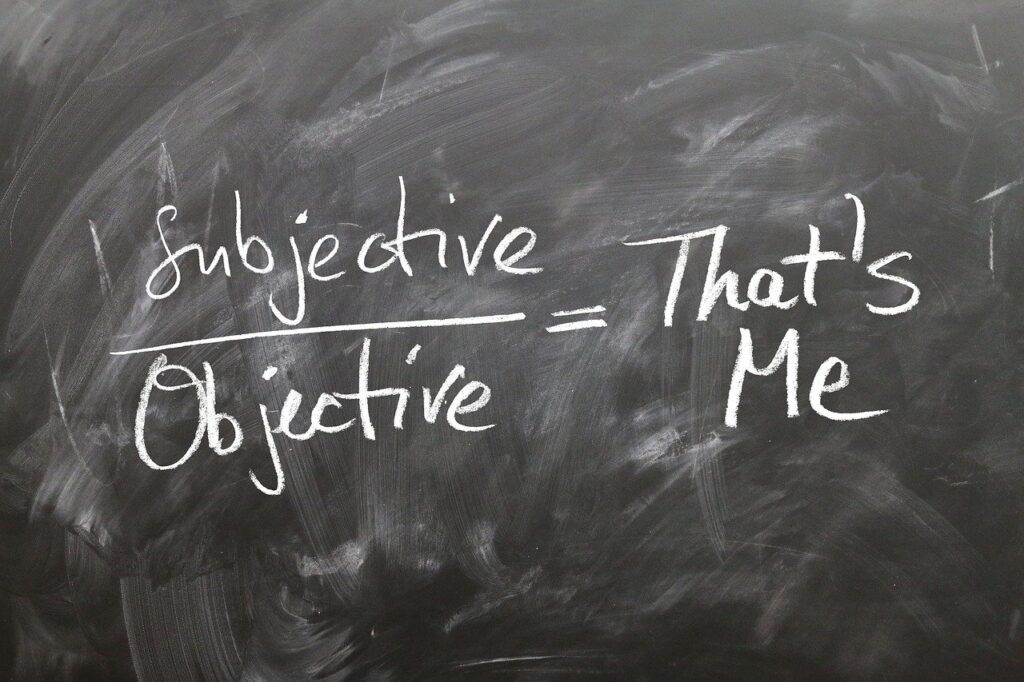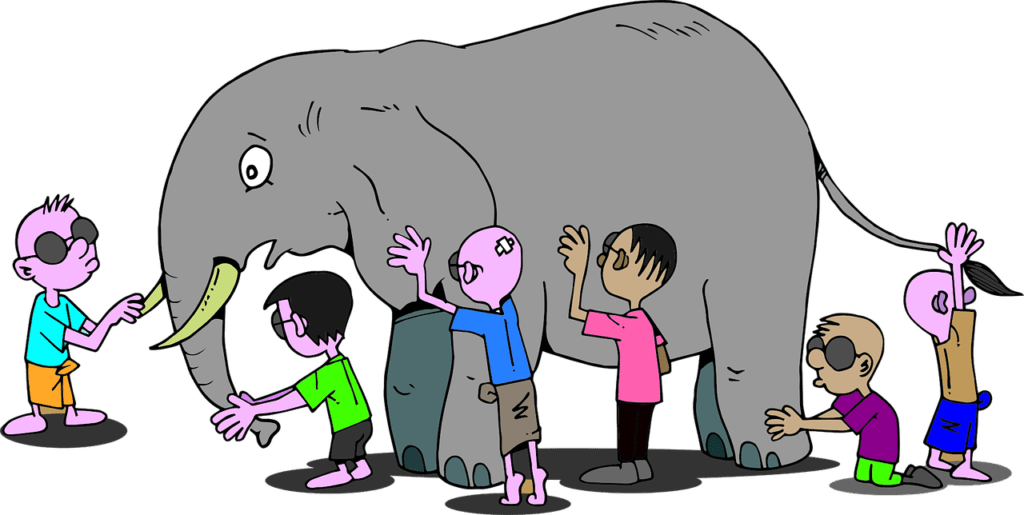If you are a blog reader like me, for sure you encounter blog posts and articles such as:
- Best ways to do X
- How to be happy in life
- The best approach to achieving X
- How to become X in Y months
Although many of these articles are really helpful (I learned a lot by reading them), there are also many of them that are simply misleading.
The main problem is that the author is doing one of these two things:
- Mistaking his/her subjectivity with objective facts
- Generalizing his/her personal approach and selling it as a Generic one
I think addressing this issue is very important since every day thousands of articles get published and many of them have the above issues. Therefore, choosing the right article to read is becoming harder and harder each day.
Subjective vs Objective

A couple of years ago, I read the book Sapiens: A Brief History of Humankind by Harari. In one of the chapters, he was talking about the conflict between humans where he divided human opinions into three categories:
- Objective: These are the scientific facts. Something that exists outside the human mind, in reality. For example, Gravity is a fact; therefore, its existence does not depend on human opinion.
- Subjective: These are purely personal opinions in the individual’s mind. For example, “I think John is a nice person”. This is my opinion. If I die, the concept dies with me (Or if I change my opinion).
- inter-subjectivity: This is like subjectivity, however, this one is a belief that many people share. For instance, if millions of people believe that “John is a good person”. Or the concept of Money that is made up by us and has no objective value. So our belief gives value to money, not nature.
I think the problem with many articles is that they mistake the second category (subjectivity) with the first and third one. For example, consider this statement in the programming world:
A function should not contains more than 10 lines of code to be readable and understanable.
Now let’s map this sentence to the mentioned categories:
- The statement will be objective if: We put a number of programmers in a lab and study their brains (like by neuroscientists) and behavioral patterns and observe that if we surpass 10 lines of code, their brains struggle to understand it.
- The statement will be Subjective if: Purely my personal opinion as a programmer
- The statement will be inter-subjectivity if: We establish a survey and ask a group of programmers’ opinions. Or, when the community widely uses it in a way that we can say is the current standard.
I purposely made the word current bold in the last part to emphasize the difference between inter-subjective and objective. The latter comes from a science lab and won’t change unless human brains evolve by the mother of nature OR when a new discovery emerges. But inter-subjective can change over time based on a variety of factors such as industry trends and culture. Basically, it is like a political opinion. Party A can be in power and in four years Party B replaces it. It is up to people’s opinion.
Are People’s Opinions not matter?

Of course yes! We all learn new aspects and perspectives from others by discussing and sharing ideas. I myself also do that. That is the beauty in human life: sharing ideas and subjective opinions
The problem happens when we get deluded by our own mind that our way of thinking is fact.
This is one of the main sources of conflict in human societies. People say my way of living is better because it works for me. But, does it work for everybody else? Hard to say.
If we go back to the blog posts:
- Best ways to do X: Best? how do you know? did you try other approaches? did you thoroughly study them? In what Context is the best?
- How to be happy in life: Does your way works also for me? what if the thing that made you happy, makes me sad?
We can ask similar questions from many blog posts, motivational speakers, politicians, and even scientists who frame their personal opinion as objective facts.
There is also another root for this issue which is Generalization. I try to write about it in the future also.
In the end, this post is also my personal opinion.
The End.

